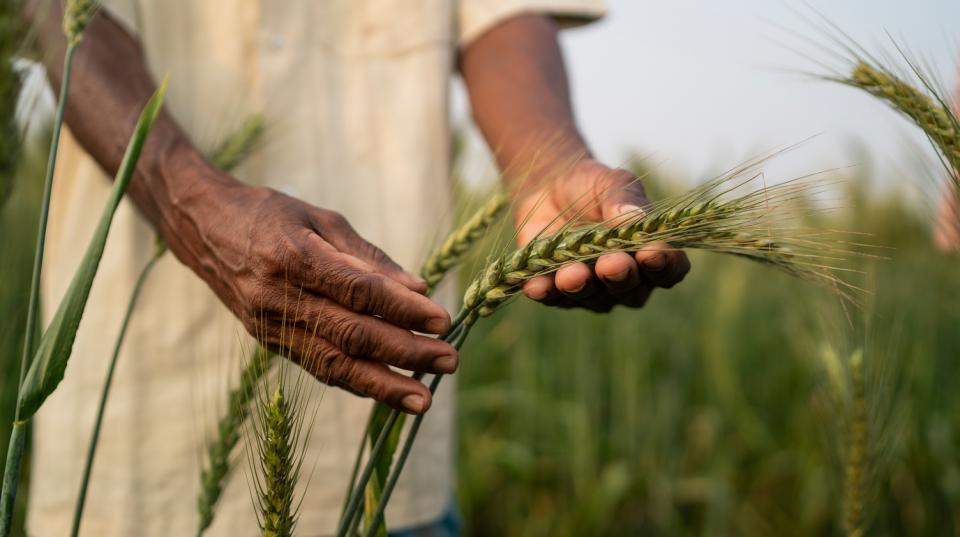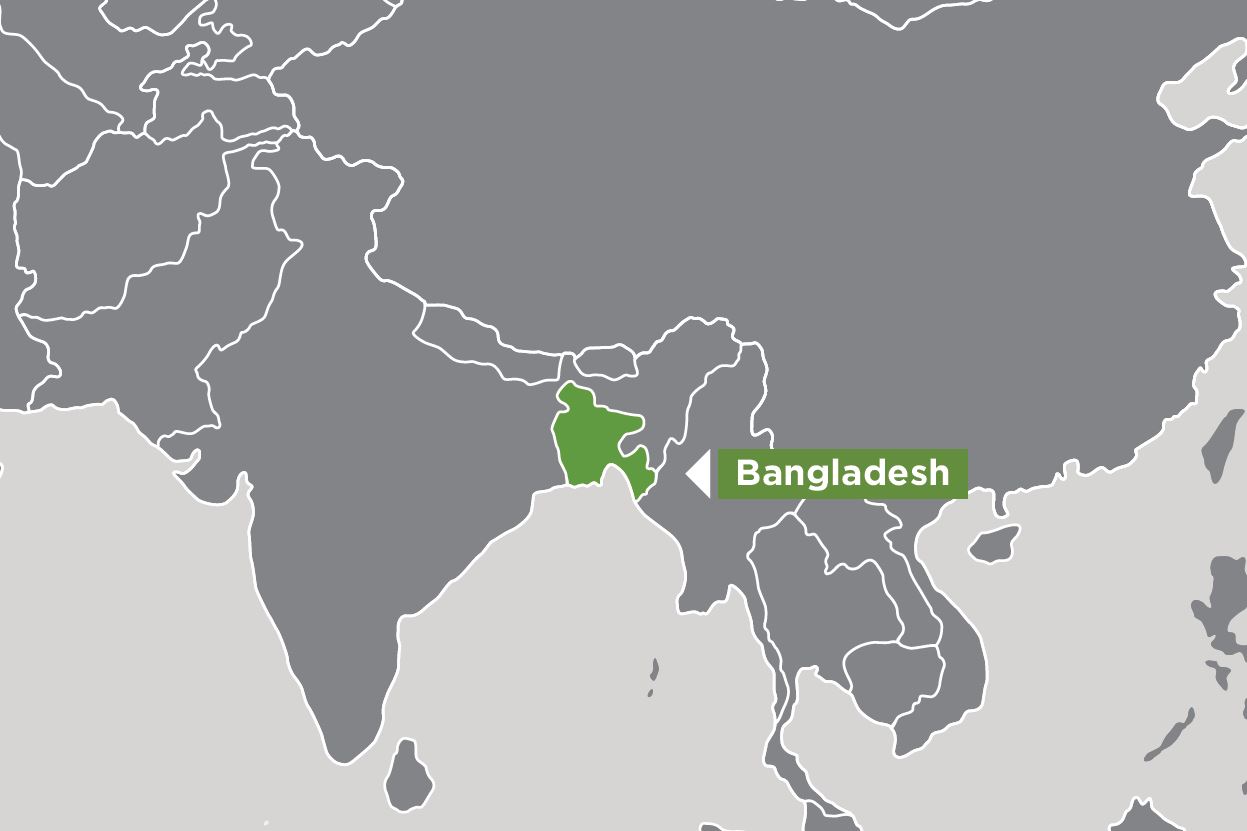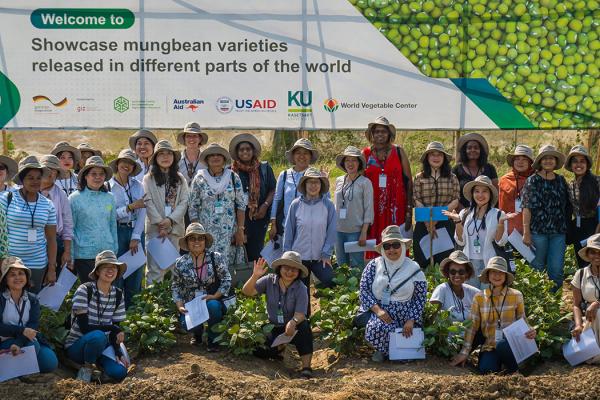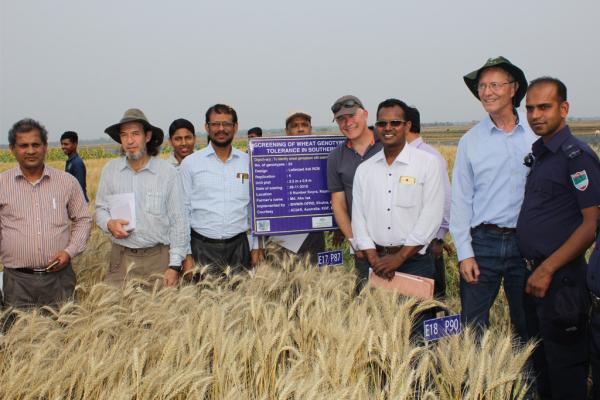Overview
This project aimed to improve smallholder incomes in southern Bangladesh through productivity and profitability of dry-season cropping on non-saline land and, with improved saline-tolerant pulses and wheat, on saline land.
The Government of Bangladesh has prioritised its coastal zone as the most in need of development. Home to around 40 million people, about one-third of whom live below the poverty line, the region has large areas of flood-prone land with variable levels of salinity and low agricultural production.
This project is part of an initiative that links three ACIAR projects to lift agricultural productivity and rural welfare in the region.
To increase smallholder household incomes through improved dry season cropping, critical research questions address: which crops can be grown in non-saline land, how to replace rice fallows and increase production and profitability in southern Bangladesh; and whether is it possible to identify variation in salinity tolerance in wheat, key pulses and forages for exploitation in breeding in saline-affected land in southern Bangladesh.
Expected project outcomes
- Increased utilisation by farmers of fallow land and increased production of pulses and wheat, leading to increased employment opportunities for women, improvements in dietary diversity and enhanced soil health outcomes.
- Improved understanding of household dynamics in southern Bangladesh.
- Designed gender-sensitive technology options and approaches to technology testing and employing gender appropriate training methods.
- Greater awareness among researchers regarding division of labour and impact of increased productivity/profitability.
- Improved capacity of BARI researchers and DAE staff regarding profitable pulse production in non-saline lands.
- Involvement of private seed company(s)/ farmer groups to produce quality pulse seeds.
- Improved capacity among BARI researchers with modern technology for abiotic stress tolerance breeding and screening.
- Increased confidence of BARI physiologist to advise breeders in future.








